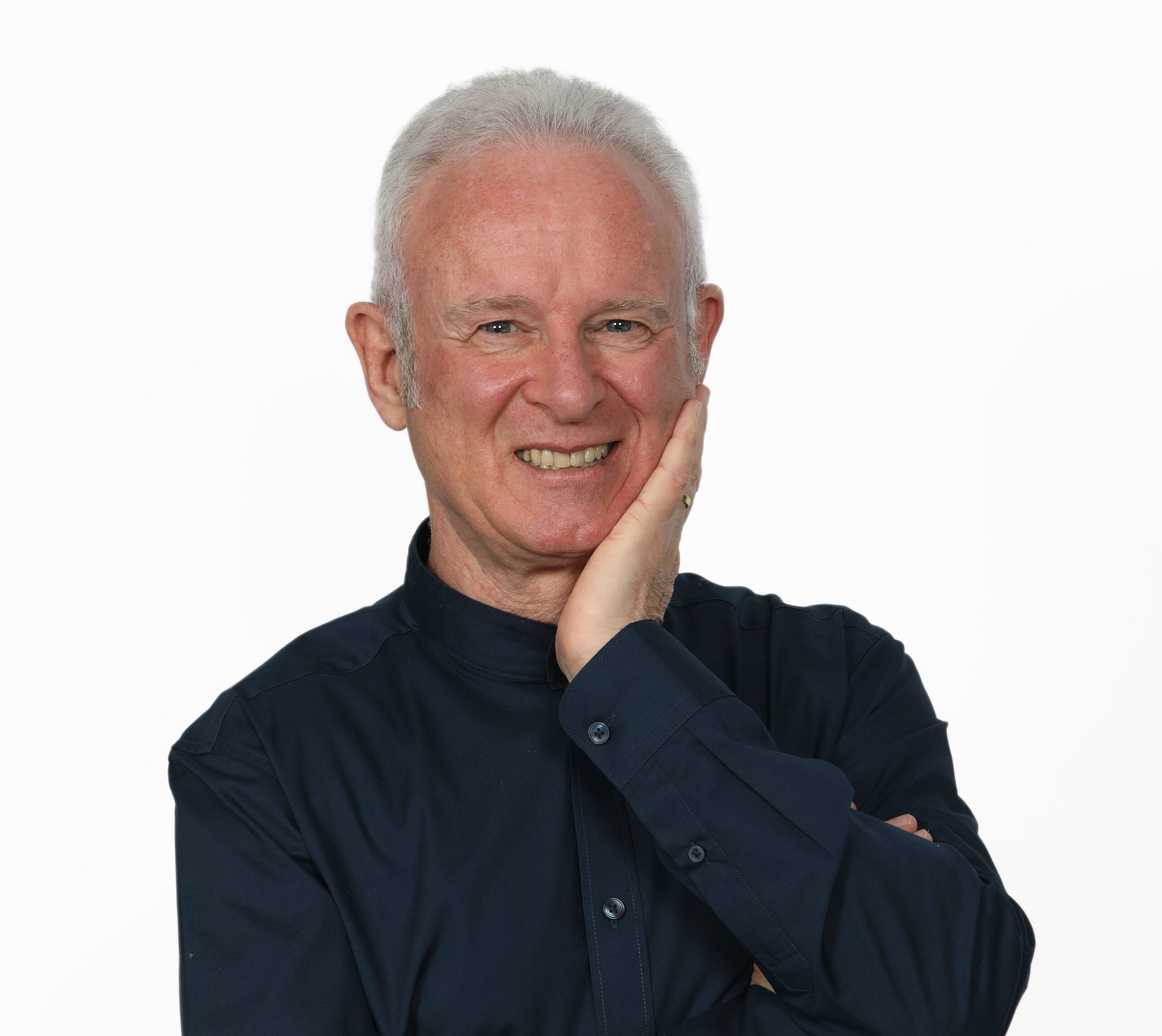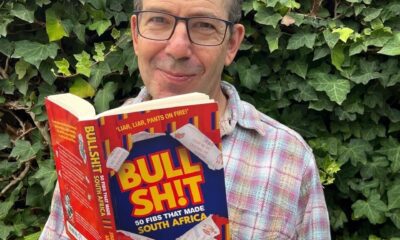
Lifestyle

New book helps us hitchhike the AI highway
Arthur Goldstuck, a South African author, journalist, speaker, media analyst, and information and communications technology specialist has launched his latest book called The Hitchhiker’s Guide to AI. The SA Jewish Report caught up with him.
What made you decide to tackle this guide to Artificial Intelligence (AI)?
I’ve been deeply fascinated by AI for the past decade, and have been writing and giving talks about it intensively since I began coming across fascinating usages, case studies, and examples about five years ago. Already in 2020, I began giving a regular talk titled “AI for All”. So, when generative AI burst on the scene at the end of last year, I began receiving almost daily requests for interviews on the topic on radio, TV, online, and in print. My daughter, Zianda, was listening to one of these and said afterwards, “Why don’t you write a book?” The penny dropped and literally three minutes later, I had emailed Terry Morris at Pan Macmillan with the suggestion.
What research did you do for this book?
Mostly the history and uses of AI beyond what I had been directly exposed to or had experienced.
The book is touted for techies and those of us know very little about AI. How did you manage to cover the extremes and those in the middle?
I drew on my experience many years ago, when I helped start PC Review in the Weekly Mail, now Mail & Guardian. It was the brainchild of Weekly Mail co-founder Irwin Manoim, who came up with a three-icon guide to the level of technical expertise needed to appreciate each article. I expanded that concept to five icons for the book, covering technical and subject matter interest, and that made it possible to mix and match content aimed at all levels.
Why do you believe it’s important for those of us who know nothing to understand AI?
It’s already changing the world subtly, and will do so radically in the years to come. You can certainly ignore it and carry on as usual, but then you’ll be left behind in the world of enterprise, innovation, and career relevance.
Do you believe AI will be our downfall or our saviour – if so, why?
AI is a highway. Like the literal highway, the better it’s planned, built, and maintained, the easier, faster, and more cost-effectively it will get us to our destination. The highway can, of course, be our downfall if we ignore safety rules or fall victim to an accident or crime. It’s not the highway that caused it, although it made it possible. Shall we shut down all highways because of dangerous drivers or criminals? Of course not. But they won’t save us or doom us, only make the means of those outcomes more accessible.
What are the dangers of AI?
There are many dangers mentioned throughout the book. Almost any media article on AI deals breathlessly with these, so I don’t want to bore you by repeating the clichés. But they range from impersonation to cybersecurity to plagiarism to reinforcing institutional bias.
What are its benefits?
Someone wrote an entire book on that topic. Oh wait, that was me. And yes, it takes books and more books to spell out all the benefits. Ultimately, every individual will have a personal expert at their disposal for almost any purpose one can imagine. From a school kid’s tutor to a doctor’s assistant, from a life coach to a dating coach, it’s all within reach. And that’s before mentioning the myriad business benefits.
What do you believe the main impacts of AI will be on our health, travel, education, and business?
Each of those has a chapter devoted to it in the book, and I was only scratching the surface.
What impact will ChatGPT and the equivalents of that have on our world?
Pass – it’s what the book is about.
What do you believe Elon Musk’s role has been in AI so far, and what will it be in the future?
He helped start OpenAI, but didn’t guide it. He started Grok partly to leverage his Twitter acquisition and partly to take on the baby – OpenAI – he had abandoned, and he’s in thrall to the immorality of Trumpism, so I see his role as probably more destructive than positive. AI needs ethical guidance, and his fomenting of hate speech doesn’t lend itself to that guidance.
What do you want your role to be in the AI world down the line?
I’d like to work on groundbreaking research that leads to new knowledge and understanding of AI. My twin brother, Charles, a pioneer in the music industry in the United States, and I are in discussions with University of the Witwatersrand on just such a project.
What do you want your readers to take home from this book?
To embrace AI for its power for good.










